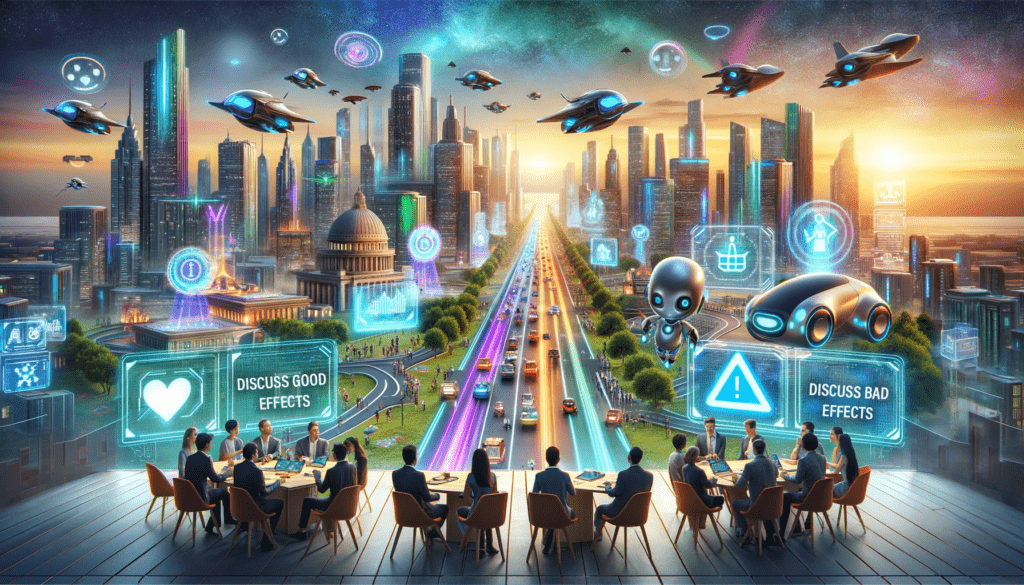Lately, it seems like AI is all anyone can talk about. It’s popping up everywhere, making life easier in so many ways. But amidst all this excitement, are we turning a blind eye to the potential downsides?
I wanted to dive into some areas where AI might be causing more problems than we realize.
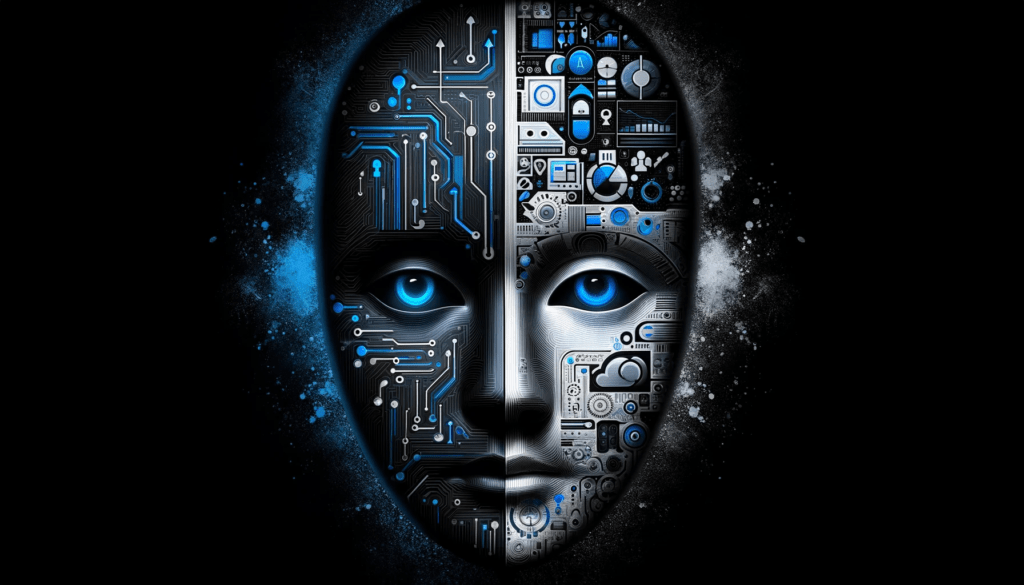
AI’s Impact on Jobs: A Growing Concern
We’ve all heard about AI taking jobs. It’s a real worry, isn’t it? Machines are getting smarter, doing tasks that humans used to do. It’s not just about robots in factories anymore.
Now, AI threatens jobs in sectors we never thought possible – like healthcare, law, and even creative fields. The thought of AI replacing doctors, lawyers, and writers is pretty unsettling. It makes you wonder about job security in an AI-dominated future.
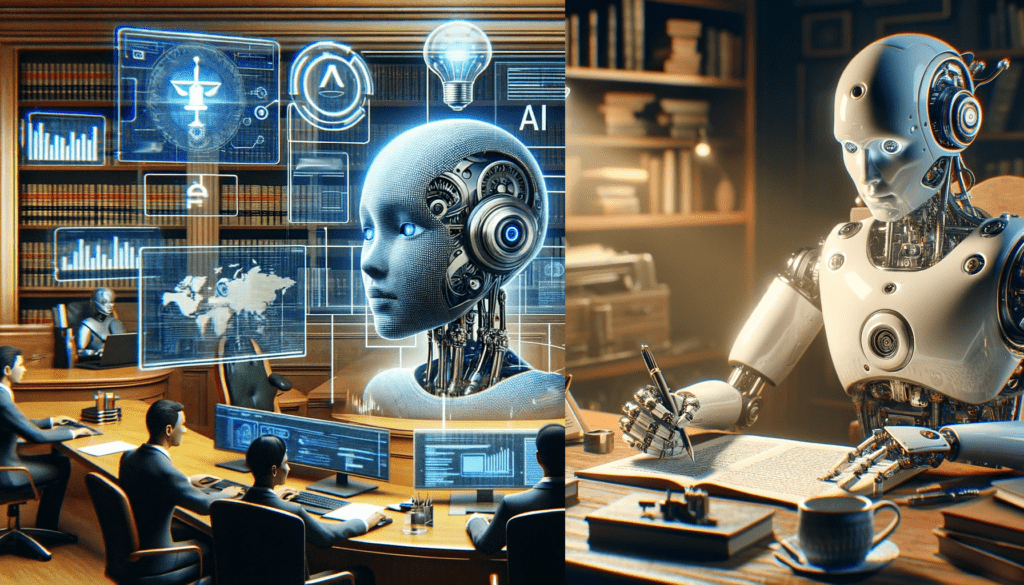
Privacy Invasion: AI’s Prying Eyes
And then, there’s the privacy issue. AI is learning about us, often without us even knowing. Imagine algorithms tracking your every move, predicting what you’ll do next. It’s a bit like having a detective tailing you, collecting your personal data without your permission.
Once your information is out there, there’s no taking it back. It’s enough to make you want to go off the grid!
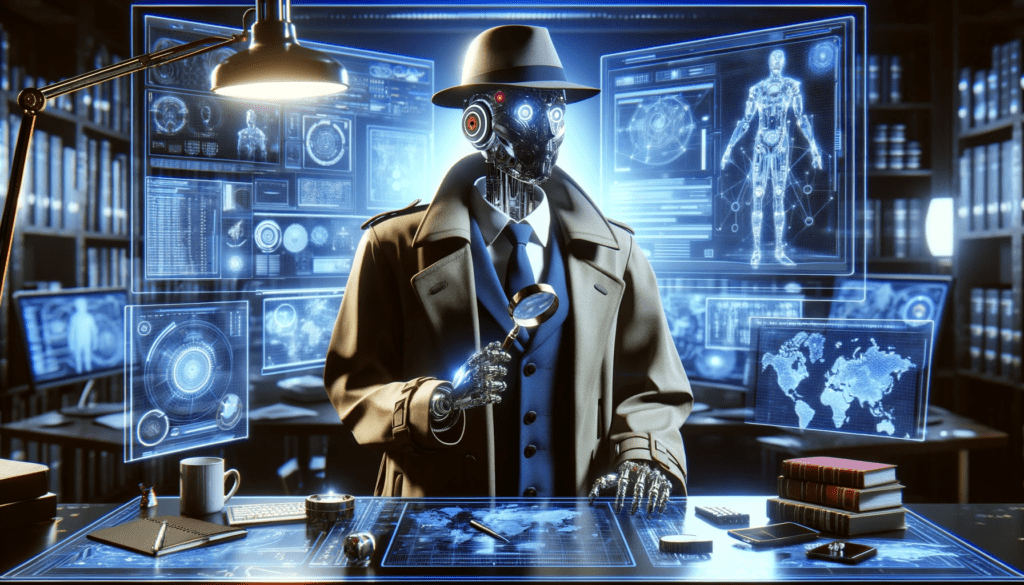
The Flip Side of AI: Not All Rosy
AI isn’t perfect – it still makes mistakes. These aren’t small errors either. We’re talking about faulty credit scores, biased hiring practices, and even wrong medical diagnosis.
Relying on AI for such critical decisions can have serious consequences. It’s a reminder that AI doesn’t always get it right.
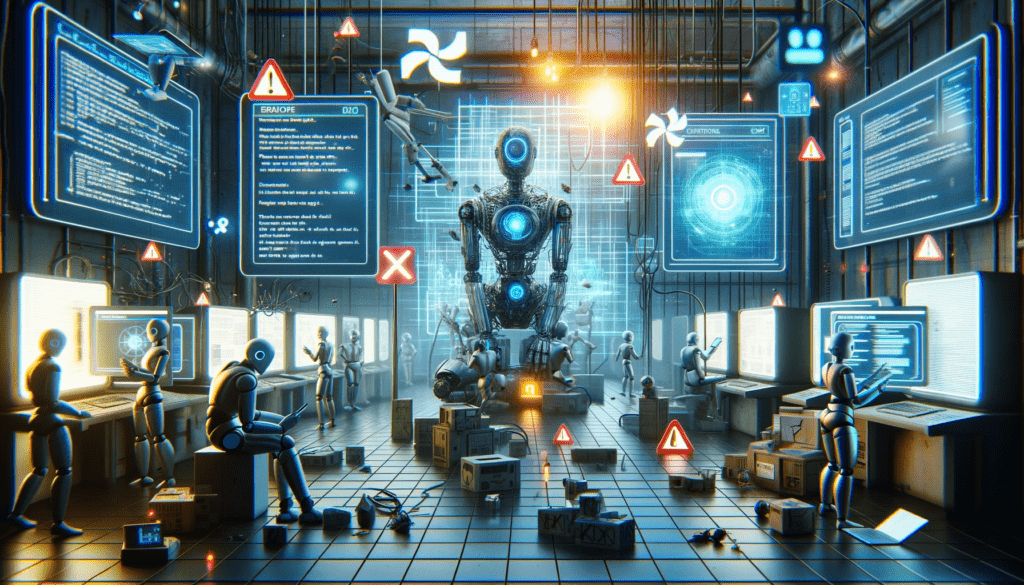
The Brighter Side of AI
But hold on, it’s not all doom and gloom. AI does have its perks. From recommending movies and products to helping us connect with new people, AI makes day-to-day life more enjoyable.
Businesses are also reaping benefits from AI. Using AI for analytics helps companies work smarter, giving them an edge over competitors. When used correctly, AI can be a powerful tool.
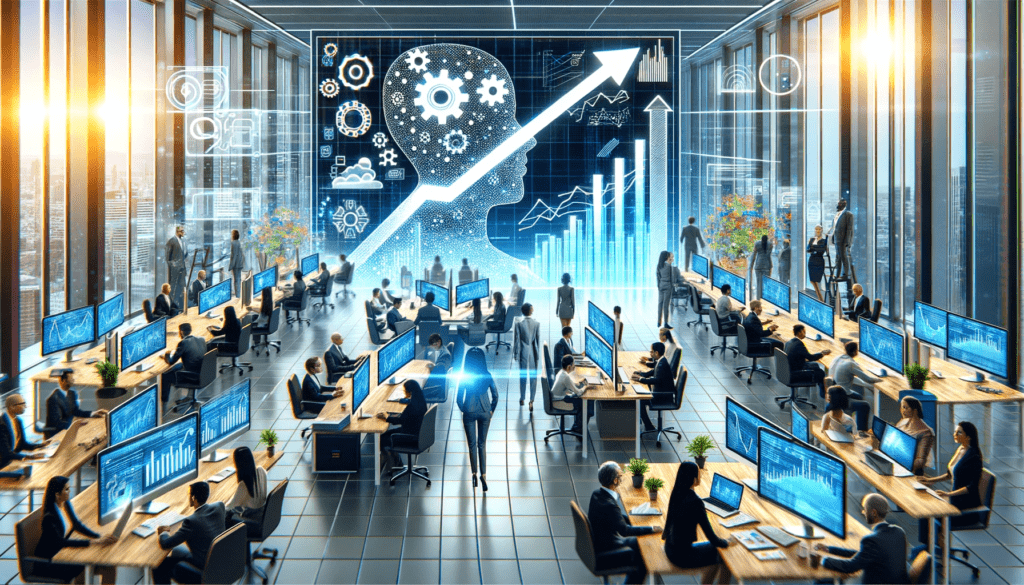
AI in Everyday Life: A Double-Edged Sword
AI’s influence extends to many parts of our daily lives. Smart assistants like Siri and Alexa make things more convenient. AI-driven apps help us navigate traffic, manage our schedules, and even track our health.
But with these conveniences come concerns about over-reliance on technology. Are we losing our ability to think and act independently?
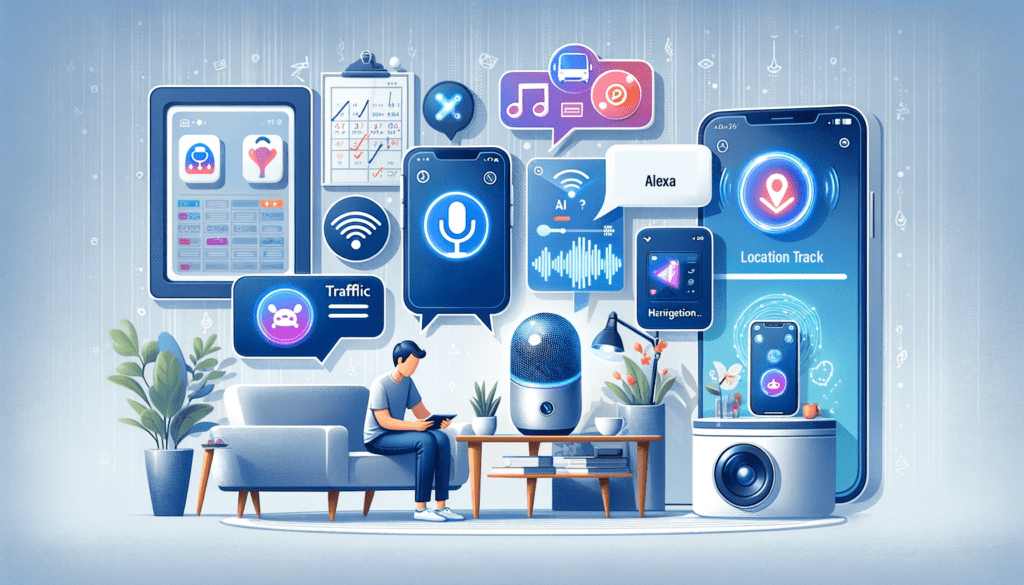
The Future of AI: A Path of Cautious Optimism
Looking ahead, the potential of AI seems limitless. It could revolutionize industries, from transport to education. But as we forge this path, we must be mindful of the risks.
Balancing innovation with ethical considerations is key. We need to ensure AI benefits society as a whole, not just a select few.
So, what’s your take on AI? Is it a ticking time bomb or a golden opportunity? I’d love to hear your thoughts and experiences.
AI has its benefits and risks, and it’s through open conversations that we can shape an AI-powered world we all want to be part of. Let’s chat in the comments!
